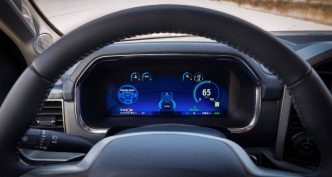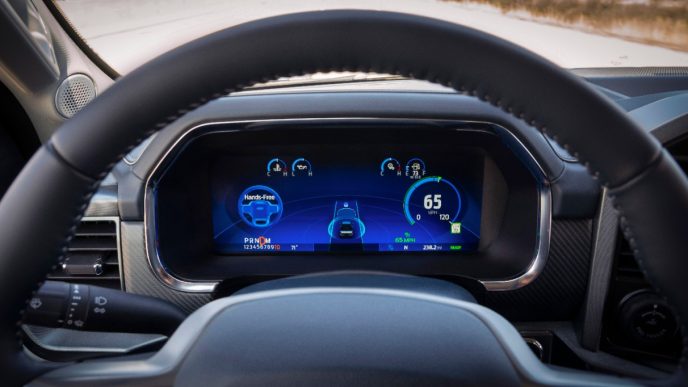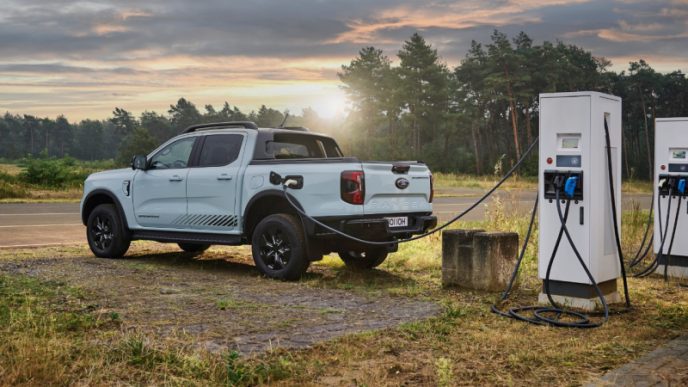At the Automotive News Congress in Michigan, Marin Gjaja, COO of Ford’s Model e EV division, emphasized the importance of educating consumers about the benefits of electric vehicles (EVs). He noted that many drivers are unaware of the advantages of owning an EV, such as the convenience of home charging and the elimination of gas station visits. “That’s the conundrum for us as an industry,” Gjaja stated. He added, “We have customers who are fearing loss and misperceive the value” of EVs.
To address these misconceptions, Ford is collaborating with its dealers to provide comprehensive training through Ford University, a digital and video-based platform designed to educate both employees and customers about EVs. This initiative, introduced in May, utilizes games and artificial intelligence to enhance learning experiences.
Gajah also pointed out that as the automotive industry transitions to electric vehicles, it is crucial to tackle the “economic challenges” associated with this shift. He highlighted several unique features of EVs, including the ability to start each day with a full charge and the capability to charge at home. Specifically, Ford’s F-150 Lightning can serve as a portable generator, providing power for home appliances and other electronics during emergencies and outdoor activities.
Ford’s EV sales figures are promising, with nearly 9,000 electric vehicles sold in the U.S. last month, totaling 61,366 for the first eight months of 2024—an increase of 57.6% from the previous year. However, the company has faced delays in some EV projects due to “slower-than-expected” market adoption and has shifted its focus away from a planned three-row electric SUV towards smaller, more profitable models.
Gajah revealed that Ford is developing a new low-cost EV platform in California, staffed by former employees from Tesla, Rivian, Lucid, and Apple. The first vehicle from this initiative, a mid-size electric pickup, is slated for launch in 2027. “Being affordable is great, but there are two other requirements,” Gajah explained, noting the need for uniqueness to avoid commoditization and the necessity of profitability.
Despite the promising sales figures, Ford’s EV unit reported a loss of $2.5 billion in the first half of the year and anticipates losses between $5 and $5.5 billion for 2024. The company is betting on the introduction of more affordable electric vehicles and a software-defined experience to reverse its financial trajectory in the coming years.
Source: Automotive News












